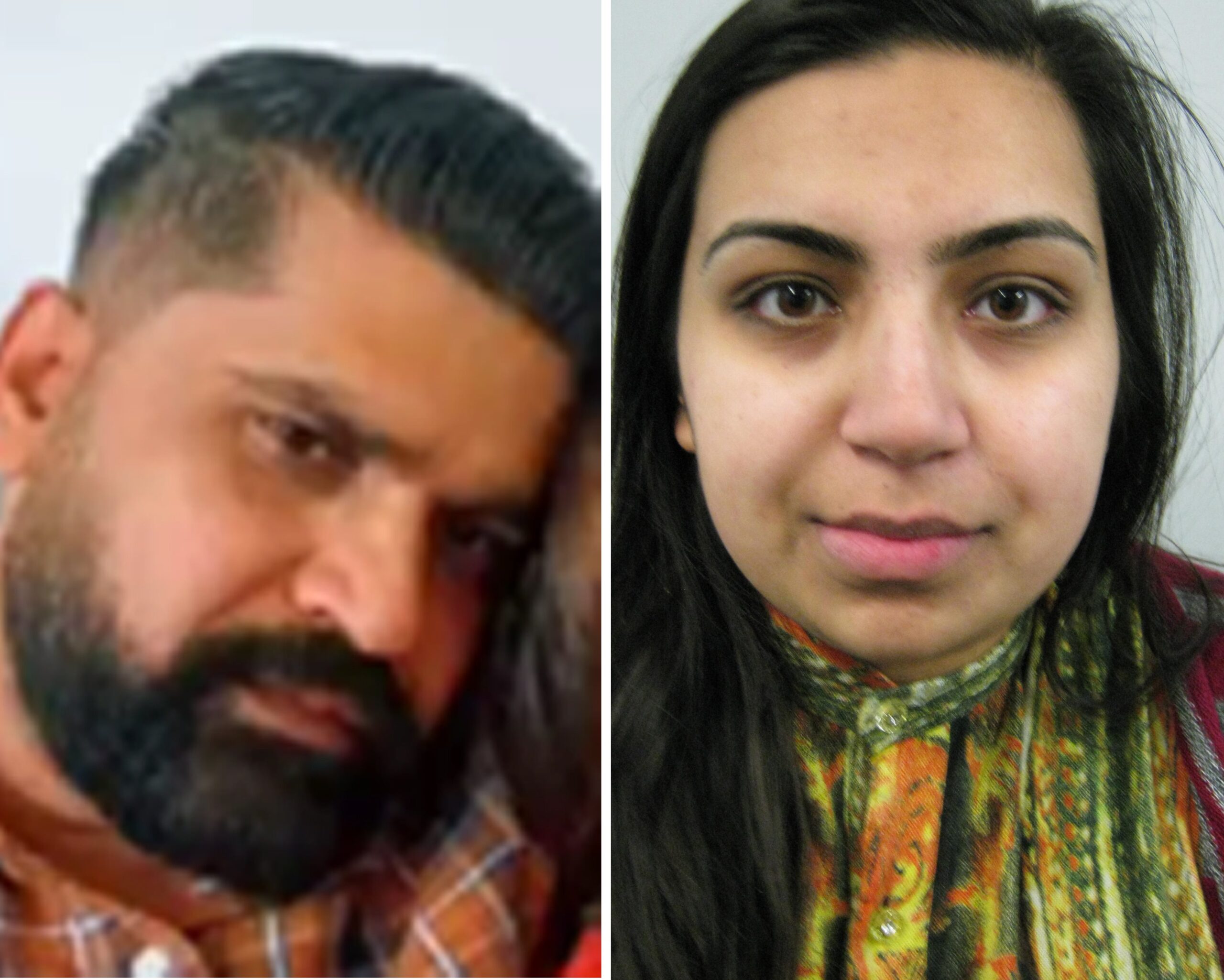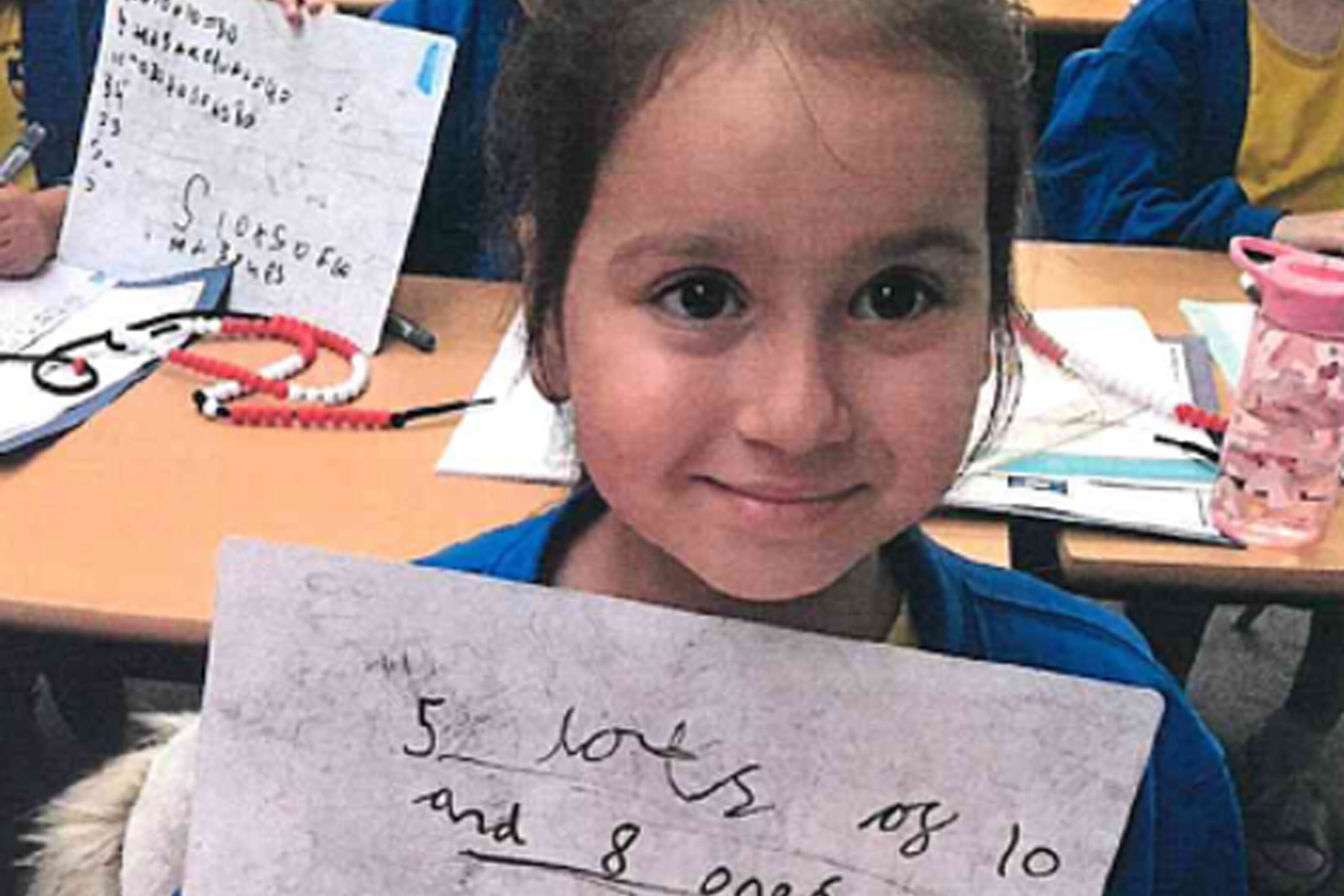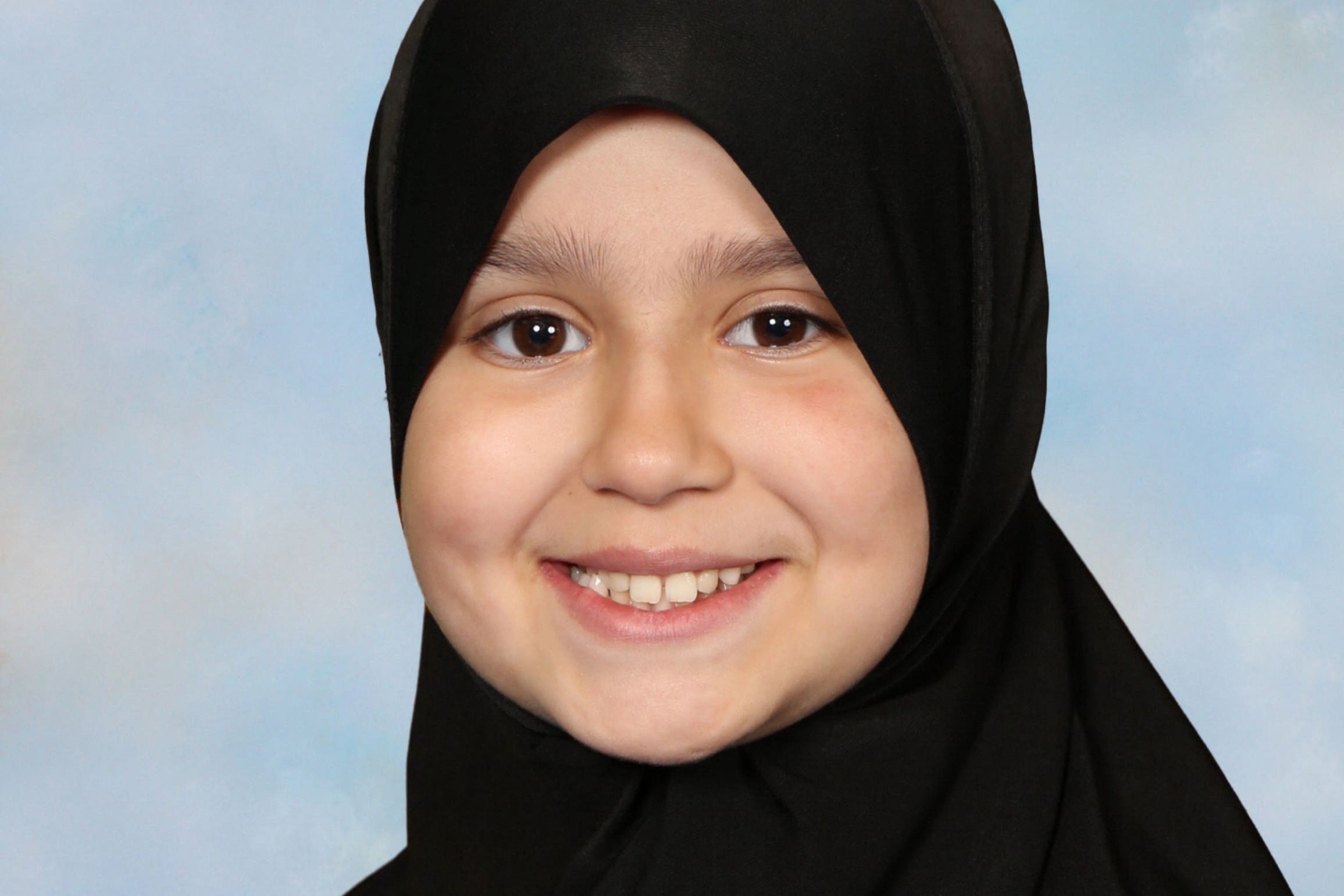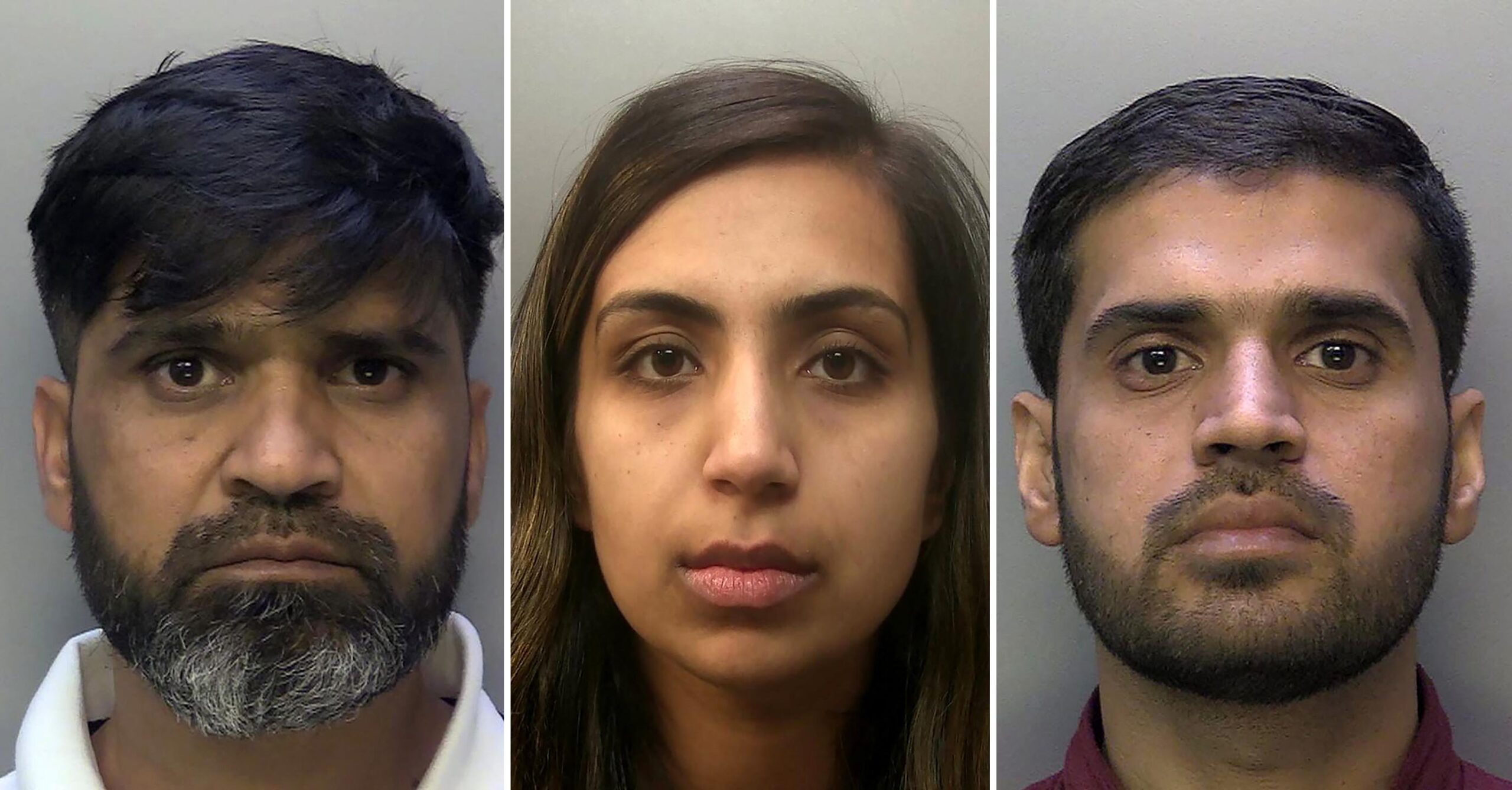Sara Sharif’s abusive father and stepmother “should never have been trusted” with her care and was failed by the safeguarding system, a review has found.
The 10-year-old was found dead in a bunkbed at the family home in Woking, Surrey, in August 2023, after enduring months of horrific abuse at the hands of Urfan Sharif and Beinash Batool.
A report published by Surrey Safeguarding Children Partnership has found that Sharif’s history as an abuser had been overlooked and underestimated, and that despite there being a “great deal of information available” to authorities, there were numerous missed opportunities.
“There are clearly several points in Sara’s life, in particular during the last few months, where different actions could and should have been taken and the system failed to keep her safe,” the 62-page report found.

She had suffered 71 recent injuries at the time of her death, including 25 broken bones, iron burns on her bottom, scalding marks to her feet, and human bites.
Last December, Sharif was sentenced to a minimum of 40 years while Batool was jailed for a minimum of 33 years for their “sadistic” crimes. Sara’s uncle, Faisal Malik, was found guilty of causing or allowing her death and jailed for 16 years.
Sara, who was described as a courageous and cheerful child, had been known to social services with concerns first raised within a week of her birth in 2013, while her parents had been known to them since 2010.
Surrey County Council repeatedly raised “significant concerns” that Sara was likely to suffer physical and emotional abuse at the hands of her parents.
There were three sets of family court proceedings involving Sharif and Sara’s birthmother Olga, but allegations that Sharif was physically abusing Sara and her siblings were never tested in court.
Sara was repeatedly returned to her parents’ care before finally being placed with her father and stepmother, four years before she was murdered.

The review found that her death was not caused by “one specific malfunction within the safeguarding system”. It stated: “Numerous factors came together over many years which cumulatively laid the foundations for the severe abuse she experienced at the hands of her father and stepmother.”
It found that there had been several occasions where Sharif’s history as a serial perpetrator of domestic abuse was “overlooked, not acted on and underestimated by almost all professionals” who were in contact with the family.
Sharif had been granted custody in 2019, despite earlier allegations of child abuse and arrests for alleged controlling behaviour towards ex-girlfriends. This included two allegations of false imprisonment by other Polish women in 2007 and 2009, but he was never charged.
The review noted that text messages between Batool and her sisters, discovered during the police investigation, showed Sara had begun being assaulted by her father “soon after she moved in with him”.

The report also found that there was no evidence in the children’s services that race, culture, religion or heritage were properly considered. Sara’s birthmother was given inconsistent access to Polish interpreters and was given no interpreter during the private law proceedings in 2019.
It stated that there were multiple occasions in the years prior to her death when “more robust safeguarding processes were needed”, including a two-day school absence in March 2023 when she returned “quiet and coy” and with bruising to her cheek, eye and chin.
While Sara’s school made a referral to social services, the case was closed within days, without police being contacted.
The following month, Sharif emailed the school to say he intended to educate his daughter at home – a move the review concludes was undoubtedly made “to keep Sara hidden from view in the last weeks of her life”.

A series of missed opportunities followed, with delays in correspondence and an old home address on the digital system resulting in a visit by a council worker to the wrong location – just two days before Sara died.
Aged eight, Sara had begun to wear the hijab in 2021, which the review said hid bruising and injuries to her face and head in the later period of her life.
It said while the school had shown “appropriate curiosity”, there was no evidence in the children’s services or health records that race, culture, religion or heritage were “properly considered”, and expert advice since obtained from the local Muslim community suggested it would have been “highly unusual” for such a young child to decide to wear it when other family members did not.
The review concluded that, despite information available across the system, “opportunities were lost to join up all the dots and recognise the dangers faced by Sara once she moved in with her father and stepmother”.
Woking MP Will Forster said Sara had been failed by the state “at every stage”.
He said the safeguarding review “confirms exactly what I feared – that the state, especially Surrey County Council, failed Sara at every stage”.
Among 15 recommendations, the review authors called for improvements in how referrals to children’s services are dealt with, including better resourcing and capacity, qualifications and experience of staff; and updated statutory guidance to require that where an application is made to home school a child previously known to children’s social care, a formal meeting with parents and professionals should take place.
Education Secretary Bridget Phillipson said the review “rightly highlights the glaring failures and missed opportunities across all agencies which led to Sara’s death”.
Surrey County Council said it was “deeply sorry” and insisted it has taken “robust action to address” failings and will continue to work to implement all of the review’s recommendations.
